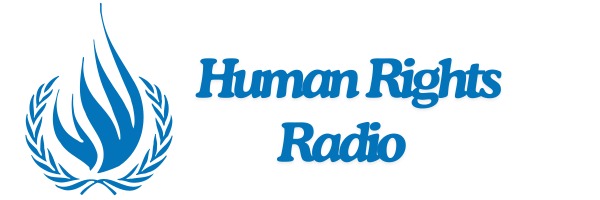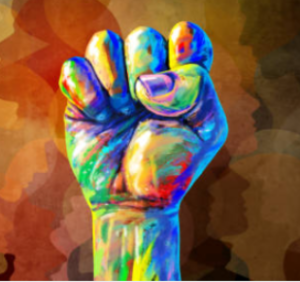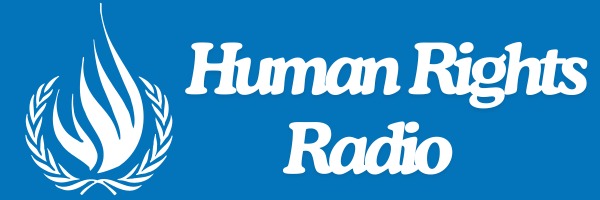

Article 2 states that everyone is entitled to all the freedoms listed in the UDHR, “without distinction of any kind such as race, colour, sex, language, religion, political or other opinion, national or social origin, property, birth or other status.” The last words of this sentence – “other status” – have frequently been cited to expand the list of people specifically protected.
This language is reflected in regional instruments, such as the African Charter on Human and Peoples’ Rights, the American Convention on Human Rights and the European Convention for the Protection of Human Rights and Fundamental Freedoms. The UN has elaborated rights in a number of treaties that build on Article 2 – including most recently the Convention on the Rights of Persons with Disabilities, which was adopted in 2006. It is also key to current efforts to protect all groups that face persecution, even those not specifically covered by a particular international Convention.
In socially conservative Indian society, IT engineer Akhilesh Godi felt he barely existed. Depressed and wrestling with questions about his sexuality, he was afraid to seek help because he thought even a therapist would label him a criminal under India’s laws against homosexuality. Other homosexuals and transgender people in India said they faced severe discrimination or blackmail because of a 157-year-old ban on gay sex.
Godi decided to push back. He was one of 20 openly gay students and alumni of various technology schools – including two women and a transgender woman – who won a ruling from India’s Supreme Court in September 2018 striking down the colonial-era law. The justices did not simply decriminalize gay sex. They ruled that from now on gay Indians are to be accorded all the protections of the Constitution. The decision was welcomed by the UN, which said “sexual orientation and gender expression form an integral part of an individual’s identity the world over.”
When the Universal Declaration of Human Rights (UDHR) was drafted 70 years ago, there may not have been many who agreed. But Article 2’s prohibition on discrimination – and its more positive assertion that human rights belong to everyone – has been the foundation for spelling out rights on age, disability and other subjects that were not issues in 1948.
Regions
Africa
Europe
Asia
Americas
Policies
Cybersecurities
Information Disclosure
Permissions and licensing
Terms of use
About us
Frequently asked questions
Publications
Asia
Publications
Contact us




